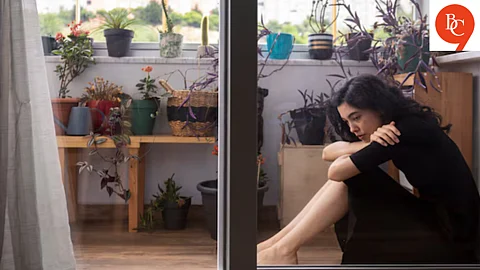

On the surface, it might seem like a sign of strength. But scratch deeper and a complex question emerges—is Gen Z’s hyper-independence a sign of empowerment, or is it a hidden trauma response in disguise?
The Rise of the “I Got This” Generation
Gen Z, born roughly between 1997 and 2012, has grown up amidst global instability—climate anxiety, a pandemic, rising mental health crises, economic uncertainties, and a constant digital overload.
They are digital natives who’ve learned to solve problems with a few clicks, educate themselves through YouTube, and earn side hustles before graduating college. For many, being self-reliant isn’t just a choice—it’s survival.
What Is Hyper-Independence?
Hyper-independence goes beyond confidence or autonomy. It’s the compulsive need to do everything alone—avoiding help, rejecting emotional vulnerability, and distancing from interdependence.
It often shows up as:
Not asking for help, even when overwhelmed
Keeping emotions bottled up
Avoiding deep connections in friendships or relationships
Being uncomfortable with relying on others—even in crisis
A Coping Mechanism for Unhealed Trauma?
Mental health professionals have noted that hyper-independence is frequently a trauma response, especially among those who:
Grew up in emotionally unavailable or unstable homes
Were forced to be “the adult” in childhood
Faced betrayal, bullying, or abandonment in early relationships
When support systems fail, the brain adapts by creating safety in self-sufficiency. It’s a form of emotional armor, shielding individuals from future disappointment or pain.
Social Media’s Role in Reinforcing the Lone Wolf Image
Instagram is filled with aesthetics that glamorize solitude: solo vacations, “that girl” routines, self-care over socializing. TikTok trends like “soft quitting,” “hot girl walks,” or “no new friends” subtly push the idea that true power lies in being self-contained.
While there’s nothing wrong with independence, social media often blurs the line between healthy boundaries and emotional avoidance. Vulnerability is rarely romanticized—stoicism is.
The Relationship Struggle: Connection vs Control
Hyper-independence doesn’t just affect work or studies—it bleeds into friendships and romantic relationships too. Gen Z is often described as emotionally intelligent but emotionally unavailable.
Many young people fear being “too dependent” on a partner, mistaking vulnerability for weakness. This can lead to:
Shallow or short-lived relationships
Fear of intimacy or commitment
Avoidant attachment styles
In essence, they crave connection—but fear the cost of it.
A Healthier Form of Independence
What Gen Z really needs isn’t complete self-reliance—but interdependence: the ability to function on your own while also nurturing healthy connections.
Here’s how they can move from hyper-independence to balance:
Therapy or Peer Support – Understand the roots of the need to “go it alone.”
Open Conversations – Share vulnerabilities with trusted friends or partners.
Community Involvement – Join groups or causes that foster safe belonging.
Redefine Strength – Embrace empathy, softness, and openness as powerful traits.
Set Boundaries, Not Walls – Independence thrives in spaces where boundaries are respected, not where walls block everyone out.
Gen Z is undoubtedly one of the most resilient and self-aware generations. But even resilience needs rest. Even warriors need warmth.
In a culture that often says “Don’t depend on anyone,” it’s time we remind ourselves—and each other—that human beings were never meant to do it all alone.
